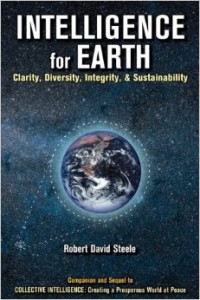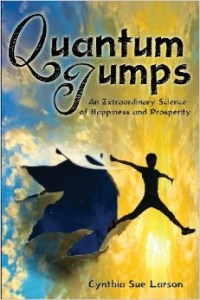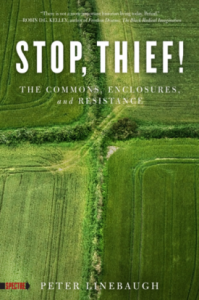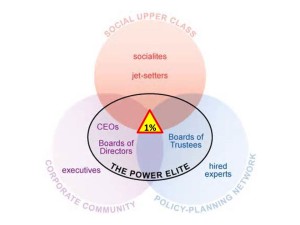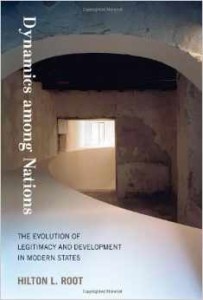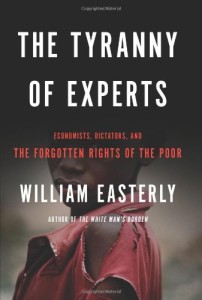
5.0 of 5.0 Stars Why development takes place (or doesn't) By Mal Warwick on April 3, 2014
This book is full of surprises.
In The Tyranny of Experts, the author of the seminal book The White Man’s Burden drills down into the history of economic development around the world in search of its causes. What he finds has little to do with any of the factors bandied about among contemporary development professionals.
“The conventional approach to economic development, to making poor countries rich,” William Easterly writes, “is based on a technocratic illusion: the belief that poverty is a purely technical problem amenable to such technical solutions as fertilizers, antibiotics, or nutritional supplements . . . The technocratic approach ignores what this book will establish as the real cause of poverty — the unchecked power of the state against poor people without rights.”
Instead, Easterly maintains, the fundamental pre-condition for successful development is democracy paired with deep understanding of local history. He calls the establishment of the World Bank “the moment of original sin . . . in which the Bank disavowed the ideals of freedom . . .”
Academia has been good to William Easterly. Presumably, when he was forced out of the World Bank because of his outspoken criticism of the Bank’s support for corrupt regimes and pro-Western favoritism, he was looking for a platform on which he could continue his campaign to shift the consensus among development professionals from top-down “solutions” to support for bottom-up, grassroots initiatives. He’s gotten that platform, but his position on the faculty of New York University has also moved him to dig more deeply into the intellectual roots of his thinking. The Tyranny of Experts is one result.


